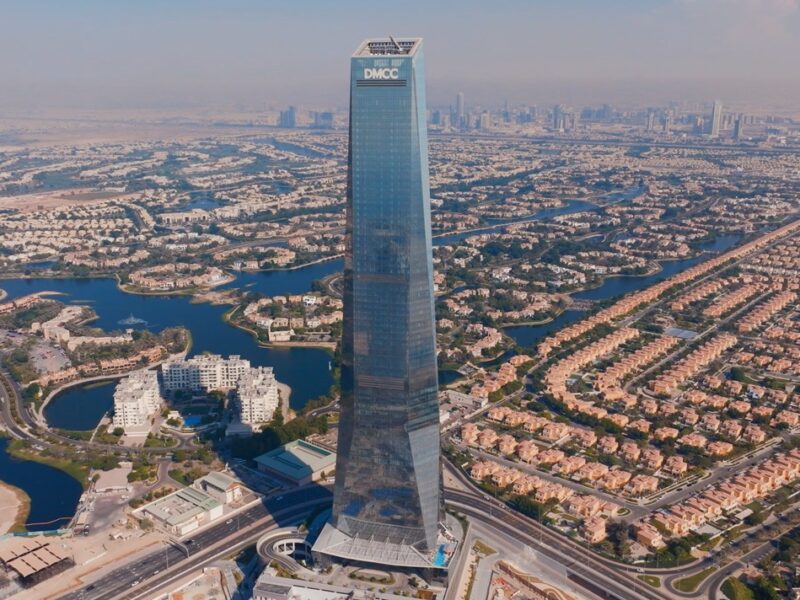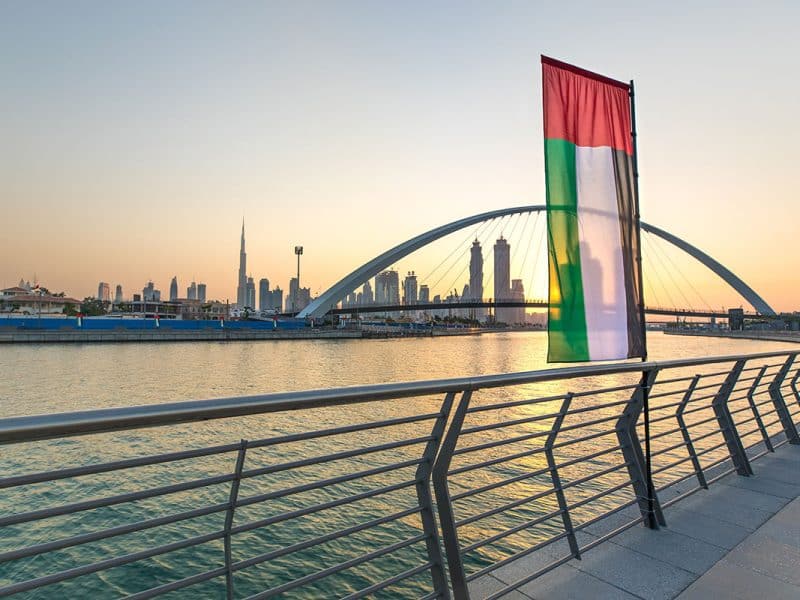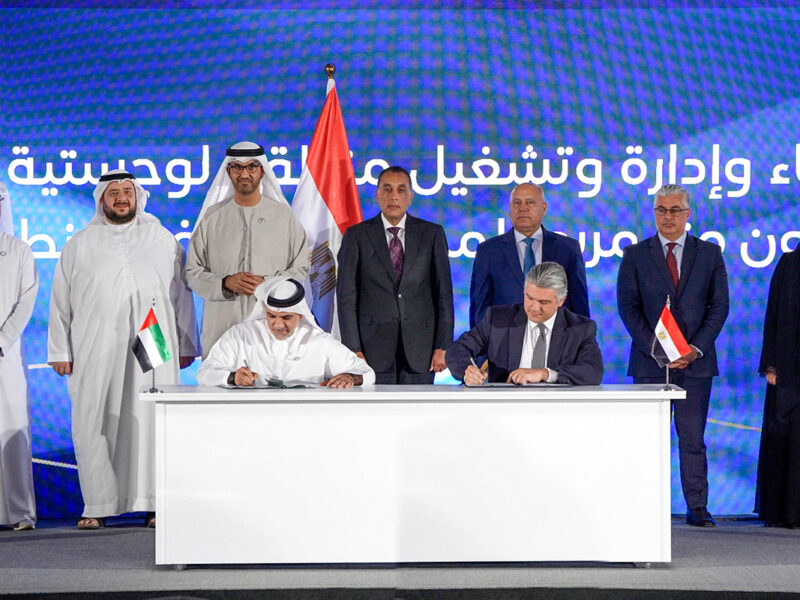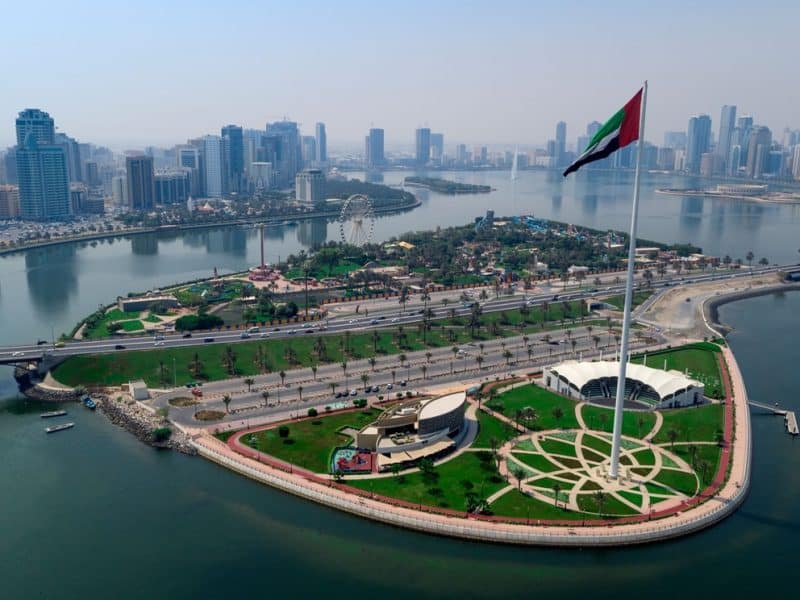Malta has joined its European peers in seeing an influx of digital nomads, as remote working becomes more and more mainstream. As employers acknowledge the pros, value and productivity of a remote or hybrid workforce, individuals with itchy feet are looking beyond their borders to combine work, travel and leisure into an extended workcation.
Gone are the days of the 9 to 5 job in an office. With increased connectivity and a willingness to enjoy a workcation lifestyle, more and more persons are embracing the concept of remote work and are exploring the best countries from which to do this.
The Malta Nomad Residence Permit
Through the launch of the Nomad Residence Permit last year, Malta is now open to TCN remote workers and offers eligibile nomads a temporary one-year permit. This positions Malta as an agile country that is fast in responding to international trends and one that is keen on building on its reputation as a multicultural melting pot.
Malta is not new to digital nomads and there already is an established large group of nomads hailing from EU countries. These join a significantly large community of expats who moved to Malta over the years.
These individuals do not need permits as they enjoy freedom of movement across Schengen. The Nomad Residence Permit extends the possibility of working remotely from Malta and joining the expat community also to third country nationals.
Attracting high-quality applicants
The majority of applicants hail from the UK and the US. Applicants have an average age of 37 and are predominantly male. Most applicants are employed and self-employed, tailed by freelancers.
Popular sectors are IT, management and marketing but other sectors are also represented, with the common element being that the work can be done remotely.
“With a significant average income of €78,000 and applicants who overwhelming have a degree, Malta is attracting quality applicants who are able to contribute to the local economy via lifestyle consumption,” says Charles Mizzi, CEO of Residency Malta.
“This was our strategy from day one – to entice good quality nomads to can give a significant contribution via medium to long-term tourism. At the same time, the country is attracting new ideas, skills and talent.
“Digital nomads have a reputation for also being entrepreneurs, being mostly relatively young or young at heart, adventurous, and willing to launch their ideas in new markets. This scheme requires a relatively small effort while gaining value from the lifestyle that digital nomads lead.
“Indeed nomads will rent property or check into AirBnBs, use public transport and cabs, eat and drink, spend money on entertainment and in restaurants and explore cultural and heritage sites.”

Malta’s attractions
It is easy to see why Malta is attracting this type of digital worker. Malta is strategically located in the middle of the Mediterranean, a stone’s throw away from Europe and North Africa.
With a multitude of air and sea links, the island nation state is well connected.
Malta has exceptionally good weather – with 300 days of sunshine a year, it’s a digital nomad’s dream. The island’s small size means one can work in the morning and head to the beach in the afternoon to meet friends for a swim and dine.
English is an official language, making communication very easy. And with 5G nationwide and over 400 public wifi spots, one is always well connected even from the remotest of spots.
The island is also home to numerous co-working and co-living hubs that serve as meeting points for the nomad community. Also important to note is its world-class hospitals and clinics that provide excellent care and that have excelled in the mitigation of the Covid pandemic.
Malta enjoys a vibrant night life and a calendar jampacked with cultural events. It is also an open air museum and a culture buff’s oasis. With an intricate history that dates back to neolithic times and host to various conquerers including the Knights of St John, the country boasts numerous military fortifications, palazzos, baroque churches, war architecture from the British period, museums and other rich gems.
“Our story is still unfolding and the numbers are expected to grow exponentially,” Mizzi continues.

About the Nomad Residency Permit
To be eligible applicants must be non-EU individuals having an annual income of €32,400. They should work for an employer registered abroad, conduct business activities for a company registered abroad (eg partner or shareholder) or offer freelance or consulting services to clients abroad.
Moreover, applicants must have a valid travel document and health insurance cover. They must also provide proof of address and pass a background verification check. The permit is granted for a maximum of one year, which may be renewed if the beneficiary remains eligible. Immediate family members may also be eligible.
For more information, please visit https://nomad.residencymalta.gov.mt/
Brand View allows our business partners to share content with Arabian Business readers.
The content is supplied by Arabian Business Brand View Partners.








